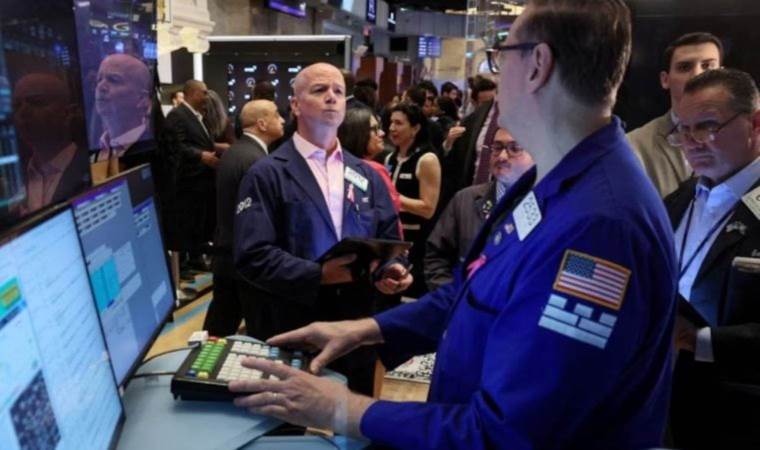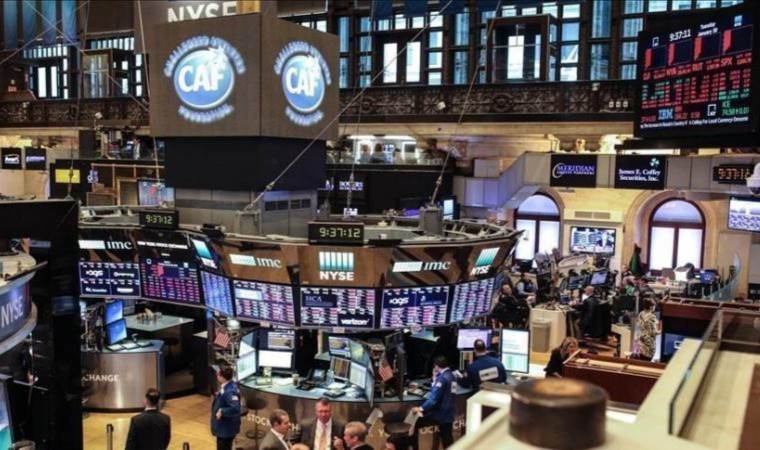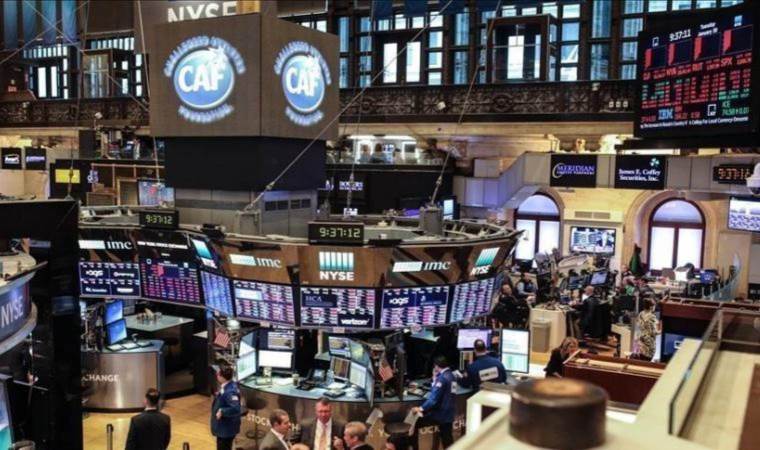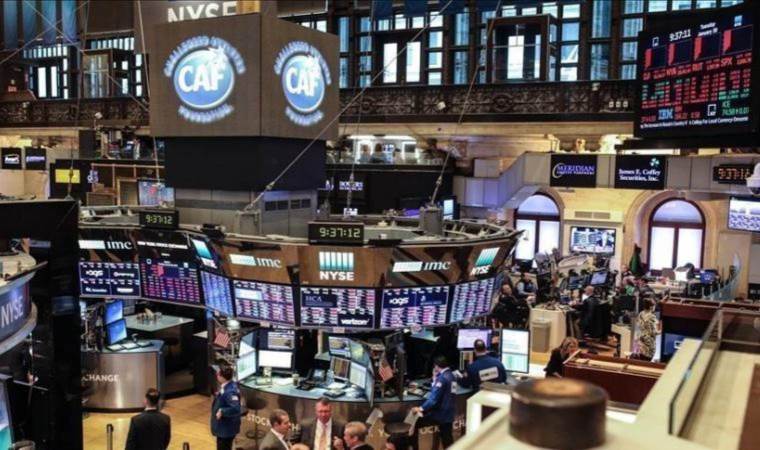Fear fades in US stocks, but history shows quick return to calm unlikely
Panic appears to have faded following last week's outbreak of volatility in U.S. stocks, but if history is any guide, markets might remain jittery for months.

Wall Street's most closely watched gauge of investor anxiety, the Cboe Volatility Index (.VIX), has rapidly eased after closing at a four-year high last week and stocks came screaming back following the year's worst tumble. The S&P 500 (.SPX) is up 3% from last week's lows, while the VIX hovers around 20, far below the Aug. 5 close of 38.5
Investors pointed to the rapid dissipation of market anxiety as further evidence that last week's meltdown was fueled by the unwinding of massive leveraged positions, including yen-funded carry trades, rather than longer-term concerns such as global growth.
Even so, turbulent episodes in which the VIX shot higher show markets tend to stay frothy for months after a blowup, arguing against the kind of risk-taking that lifted asset prices in the first part of the year. Indeed, a Reuters analysis showed the VIX has taken an average of 170 sessions to return to its long-term median of 17.6 once it has closed above 35, a level associated with high investor anxiety.
"Once (the VIX) settles into a range, then people will get a little more passive again," said JJ Kinahan, CEO of IG North America and president of online broker Tastytrade. "But for six months to nine months, it usually shakes people up."
Most Read News
-
 Chinese satellite company rejects US accusation of suppo
Chinese satellite company rejects US accusation of suppo
-
 North Korea slams Trump's decision to ease weapons expor
North Korea slams Trump's decision to ease weapons expor
-
 Japan to discuss car safety standards in Trump tariff ta
Japan to discuss car safety standards in Trump tariff ta
-
 Lebanon waits for ‘right conditions’ to bring all weapon
Lebanon waits for ‘right conditions’ to bring all weapon
-
 3 killed in US attack on Sanaa: Houthi group
3 killed in US attack on Sanaa: Houthi group
-
 US, Iran 'made very good progress' in talks: US official
US, Iran 'made very good progress' in talks: US official
-
 UN notes Russia's ceasefire in Ukraine, says spokesman
UN notes Russia's ceasefire in Ukraine, says spokesman
-
 Türkiye closely monitoring case of Turkish student detai
Türkiye closely monitoring case of Turkish student detai
-
 Nationwide rallies in US oppose Trump administration pol
Nationwide rallies in US oppose Trump administration pol
-
 Both Russia, Ukraine allege Easter ceasefire violations
Both Russia, Ukraine allege Easter ceasefire violations













